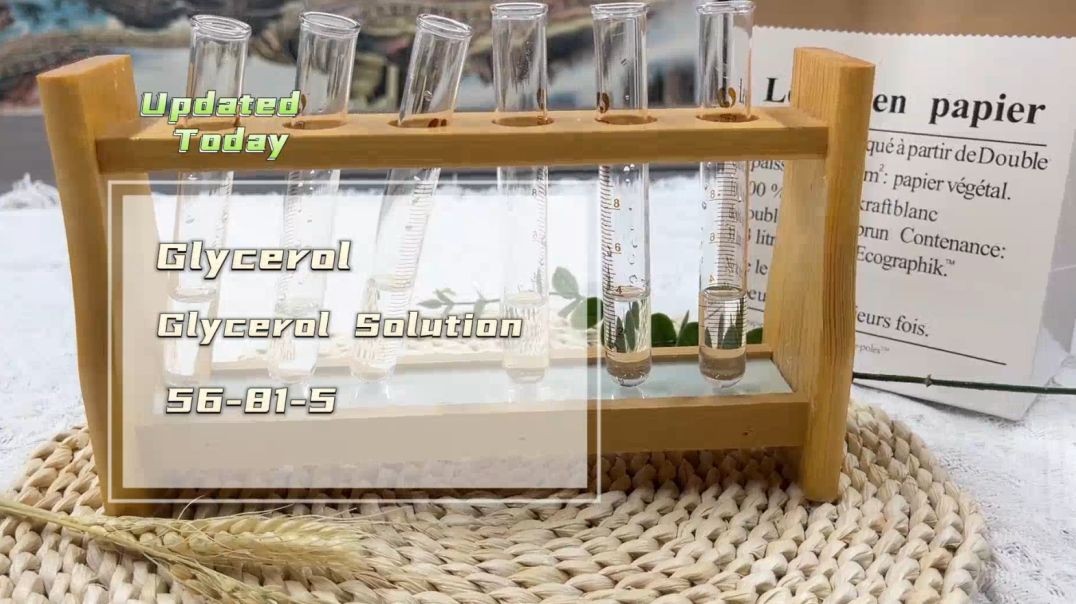Application of collagen protein
Application 1: In the healthcare industry, collagen is mainly used as a scaffold material, skin, and bone in tissue engineering. With the application of collagen in tissue engineering, the use of bioengineered membranes has become more widespread, such as vascular membranes, heart valves, and ligaments. Collagen has good biocompatibility and biodegradability safety, is biodegradable and absorbable, and has good adhesion, thus possessing unique skin repair functions. After modification, it can be used to make skin transplant materials. Collagen can form the skeleton of the extracellular matrix, which is an important component of cells. It plays an anchoring and supporting role in cells and provides an appropriate microenvironment for cell proliferation and growth, as well as a good nutritional supply. Therefore, whether collagen serves as the skeleton of new tissue before absorption or is absorbed and assimilated into the host, becoming a part of the host tissue, it has a good coordinating effect with the matrix around cells, which is conducive to the proliferation and repair of epithelial cells, thus promoting wound healing. It can be used for the repair, treatment, and care of burns and injuries, and can reduce and alleviate the degree of burns and scalds. Collagen biological dressings have two advantages: one is that the preparation method is simple, sterilization is convenient, and processing is easy; Secondly, it has good adhesion, is suitable for the formation of granulation tissue and epithelial cells, can reduce wound contraction and antigen reactions, has good hemostatic performance, and is easy to absorb tissue secretions. Collagen, due to its unique properties, can also be used for the treatment of ophthalmic diseases. Collagen can promote the repair of corneal epithelial cell damage and cell growth, and can dissolve in tears, with the ability to guide epithelial cells to infiltrate the defect area. At the same time, its degradation products can be utilized by new cells to synthesize new collagen, which plays a role in connecting cells. Therefore, it is widely used in the treatment of ophthalmic diseases. Collagen can also serve as a carrier for ocular drug delivery, with the ability to increase drug concentration, prolong drug action time, and reduce systemic drug toxicity. It has broad development prospects. Collagen is widely used in clinical medicine for cosmetic orthodontics, treatment of periodontal diseases, hard tissue repair, nerve repair and regeneration, periodontal nerve repair wrapping materials, artificial organs, pacemakers, and fillers for human organs.
2. The application of collagen in cosmetics can be extracted from animal skin. In addition to collagen, animal skin also contains proteoglycans such as hyaluronic acid and chondroitin sulfate, which are natural moisturizing factors and important substances for maintaining skin moisture. They also have the effect of preventing tyrosine in the skin from being converted into melanin. Collagen, similar in structure to the collagen in the skin and the stratum corneum, can promote the proliferation and repair of epithelial cells, supplement nutrients such as amino acids, improve the living environment of skin cells, promote the metabolism of skin tissue, and enhance circulation, filling and repairing damaged and aging skin. It also has good compatibility, affinity, and permeability with the skin, and can be fully absorbed by the skin, making the skin plump, wrinkle free, and able to increase skin density and tension. Therefore, collagen has the functions of pure natural moisturizing, whitening, freckle removal, wrinkle prevention, etc. It can be widely used in the cosmetics industry. Nowadays, many cosmetics sold in the market, such as facial mask, eye cream, skin cream, etc., contain collagen
3. Collagen has two applications in the food industry: functional and nutritional. Collagen peptides can be consumed directly as functional foods, such as chewable tablets, protein powders for athletes, and enteral nutrition preparations. People consuming foods rich in collagen can not only effectively delay aging, strengthen muscles and bones, and enhance physical fitness, but also have health benefits such as weight loss, blood pressure reduction, and calcium supplementation. After being treated with specific enzymes, collagen can break down the hydrogen bonds within its molecules, causing the original tight supercoiled structure to be disrupted, resulting in a loosely structured small molecule substance. Adding it to meat products can improve connective tissue, increase protein content, have a good taste, and are nutritious. The enzymatic hydrolysis products of collagen can also be used as amendments for frozen foods, as thickening agents, with a low melting point, easy solubility, and the characteristic of melting at the mouth. Therefore, collagen is widely used in foods such as jelly, cheese, ham, canned food, bread, etc. In addition, utilizing the film-forming properties of collagen, it can be used as a film material for curing enzymes and meat food labels. Collagen can also be used as a food adhesive to synthesize fiber membranes and as a food protective layer, used as packaging paper for meat, fish, etc. As a food protective layer, it has antioxidant properties and maintains the bright color of meat products.





